As we settle into January, many of us prefer to stay indoors to avoid the chilly winter weather. When we do plan to venture out, we often have to deal with last-minute changes because someone comes down with an unexpected cold or flu. Did you know that adding spice to your meals can boost your immune system while adding heat to your food? That’s right! Those colorful and aromatic jars of herbs that we have in our pantry not only enhance the flavors of our food but can also be beneficial for our health!
In this blog, I'll share some alternative healthcare wisdom. We'll explore how our immune system works, learn about the benefits of a few common spices, and understand how they support our bodies. So, if you want to learn how to ward off sniffles and add more flavor to your meals, keep reading!
Our Immune System
The immune system acts as your body's protection from germs and illness. It's your personal defense system. When it’s balanced, your immune cells and their proteins work hard to stop viruses, bacteria, and other invaders in their tracks before they make you sick. But when it’s weak or compromised, your defenses can't keep up, and you become vulnerable to colds, flu, and infections.
Our immune system requires proper nutrition to operate at its best. Eating healthy foods helps us avoid illness and nurtures our body to help us maintain a working immune system. This is one of the many reasons Chronic Health Wisdom stresses healthy eating.
Now, let's bring spices into this. Spices contain natural compounds that can significantly improve our immune health. For instance, just like medical cannabis, spices contain antioxidants and anti-inflammatory agents that can enhance immune function. By including a variety of herbs in our diet, we can help our immune system perform at its best.
Let’s take a deeper dive into deliciousness and explore the alternative health benefits of common spices.
Let’s Take a Deeper Dive into Deliciousness with Common Spices
Garlic
Garlic is one of the most used spices and is known as nature’s antibiotic. Personally, I use garlic more than any other spice. Not only does it keep vampires away, but it’s also one of the most researched immune-boosting spices. Studies show it has antiviral, antifungal, and antibacterial properties. The sulfur compounds in garlic support healthy immune cell function while allicin, another compound found in this flavorful ingredient, targets viruses, colds, and flu. Adding garlic to your cooking is a must for flavor and immune protection.
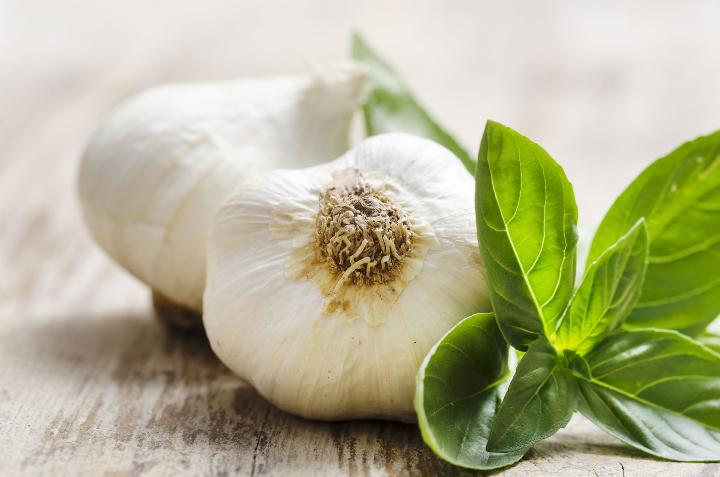
Oregano
Earthy oregano adds a boost of flavor to many Mediterranean recipes. It contains rosmarinic acid and thymol, which have antiviral, antibacterial, and antifungal effects — perfect for optimizing your cells’ ability to fight infection! Oregano oil enhances immune responses. Sprinkle oregano generously on pizzas and pasta; you can even add it to soups to round out their flavors.
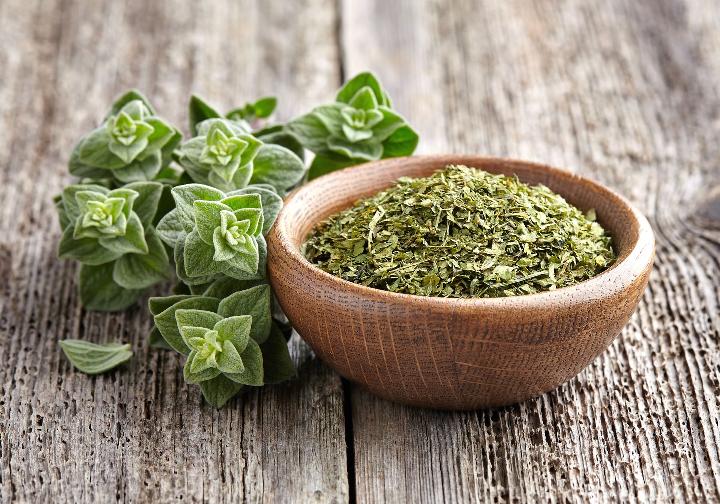
Ginger
Ginger inspires feelings of warmth. You may have seen it used in cookies or mix it into tea. It’s a standard savory and spicy flavor in Asian dishes. It has anti-inflammatory effects and contains compounds called gingerols that enhance immune response. Ginger has been used traditionally for centuries to help fight infection. Research confirms its ability to inhibit viruses while supporting healthy immune function. Try ginger recipes for an immunity boost!
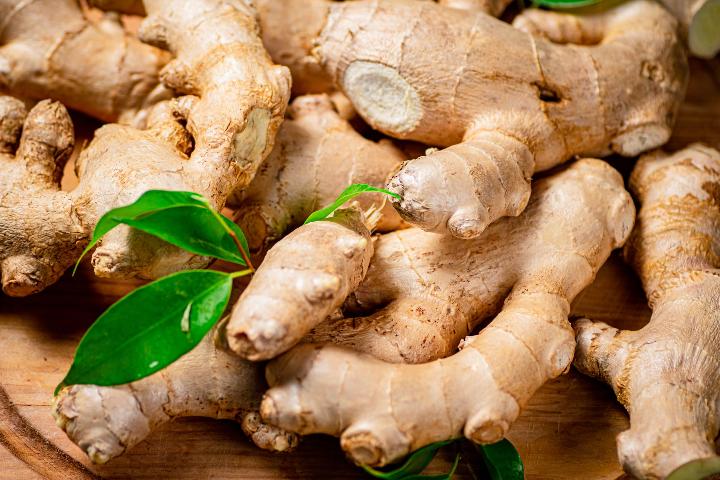
Turmeric
The golden yellow spice turmeric contains the compound curcumin,which is known for its anti-inflammatory and antioxidant effects. It helps to reduce damaging inflammation and neutralize free radicals while supporting the activity of different immune cells to optimize your ability to fight infection. You can add turmeric to your diet by drinking it in beverages and adding it to stews or curries. It’s an easy way to strengthen your body’s defenses!
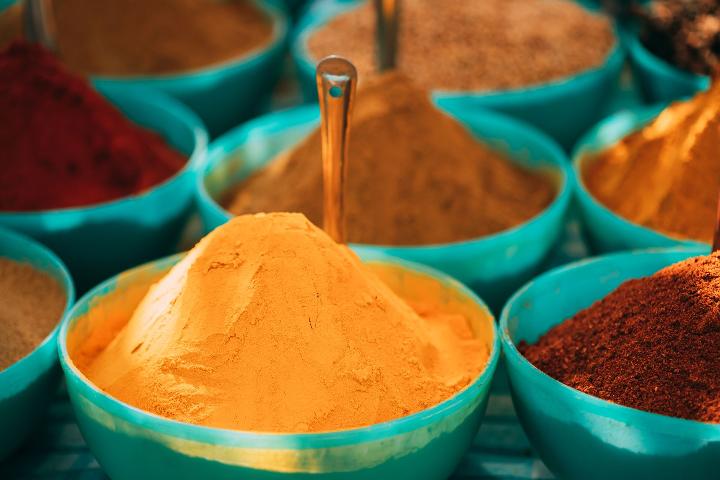
Cinnamon
Soothing cinnamon tastes great and contains cinnamaldehyde, which supports healthy immune function and helps fight inflammation. Cinnamon can enhance your body’s natural defenses through multiple immune pathways. Mix cinnamon into oatmeal, smoothies, coffee, and baked goods for an immunity lift!
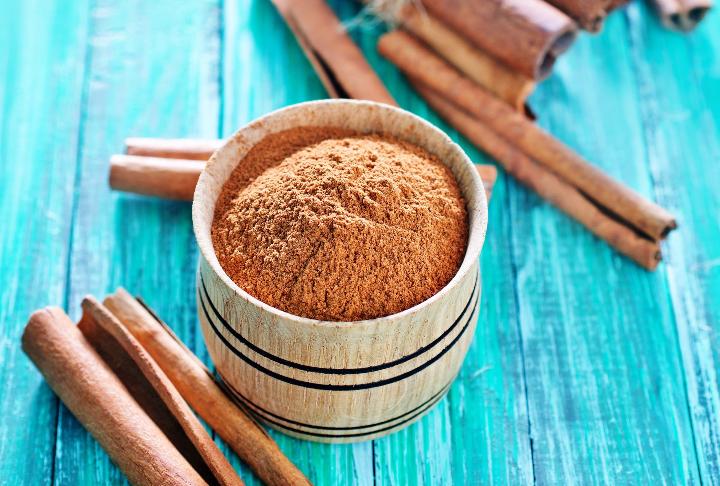
Cayenne Pepper
If you enjoy a bit of heat, cayenne pepper is your friend. It contains capsaicin, which has metabolism-boosting properties and can help reduce cold symptoms. It's also high in beta-carotene, which converts to vitamin A, essential for immune health. A dash of cayenne pepper in your meals can heat up your immune response!
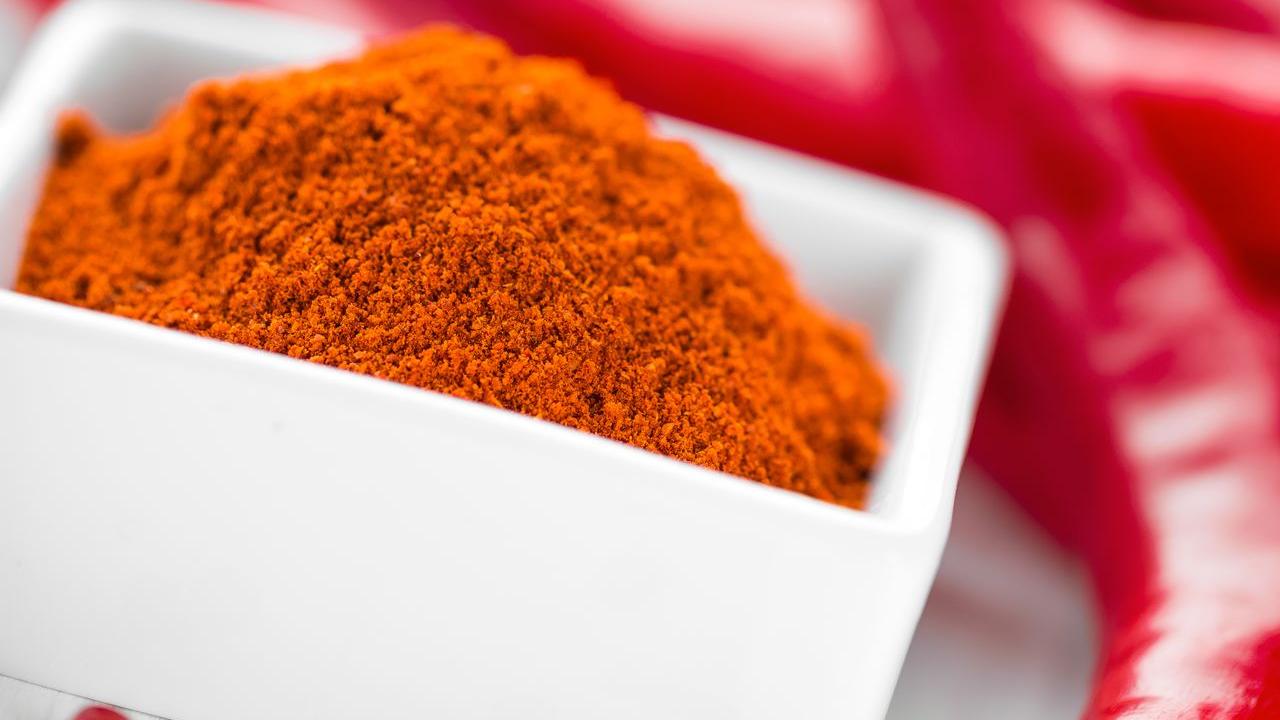
Here are some simple ways to spice up your diet for enhanced immunity with these tasty flavors:
Are you starting to understand plant power? Now that you know about the immune-boosting abilities of spices try incorporating a variety of spices into your cooking. Get creative with spice rubs on proteins, sprinkle them generously into soups, stews, and chilis, and add a kick to roasted veggies. Consider adding some to your beverages if you’re not a cook.
- Add turmeric, garlic, ginger, and cinnamon to your morning smoothie or oatmeal
- Include a warm immune, boosting tea like ginger or turmeric in your daily routine
- Make a curry powder blend with turmeric, garlic, cinnamon, and black pepper for rubbing on chicken, fish, or tofu
- Mix oregano and garlic into olive oil for a drizzle over pizza, pasta, or bread
- Whip up a veggie soup or stew loaded with garlic, oregano, turmeric and ginger
- Roast cauliflower or broccoli sprinkled with turmeric, cumin, coriander and garlic
- Sauté spinach with turmeric, cumin, and garlic for an iron-rich immune booster side
- Marinate chicken in yogurt with turmeric, garlic, cumin, coriander and a touch of cayenne
- Sprinkle cinnamon on sweet potatoes before roasting, add to oatmeal or smoothies
Additional Powerful Plant Properties Found in Spices
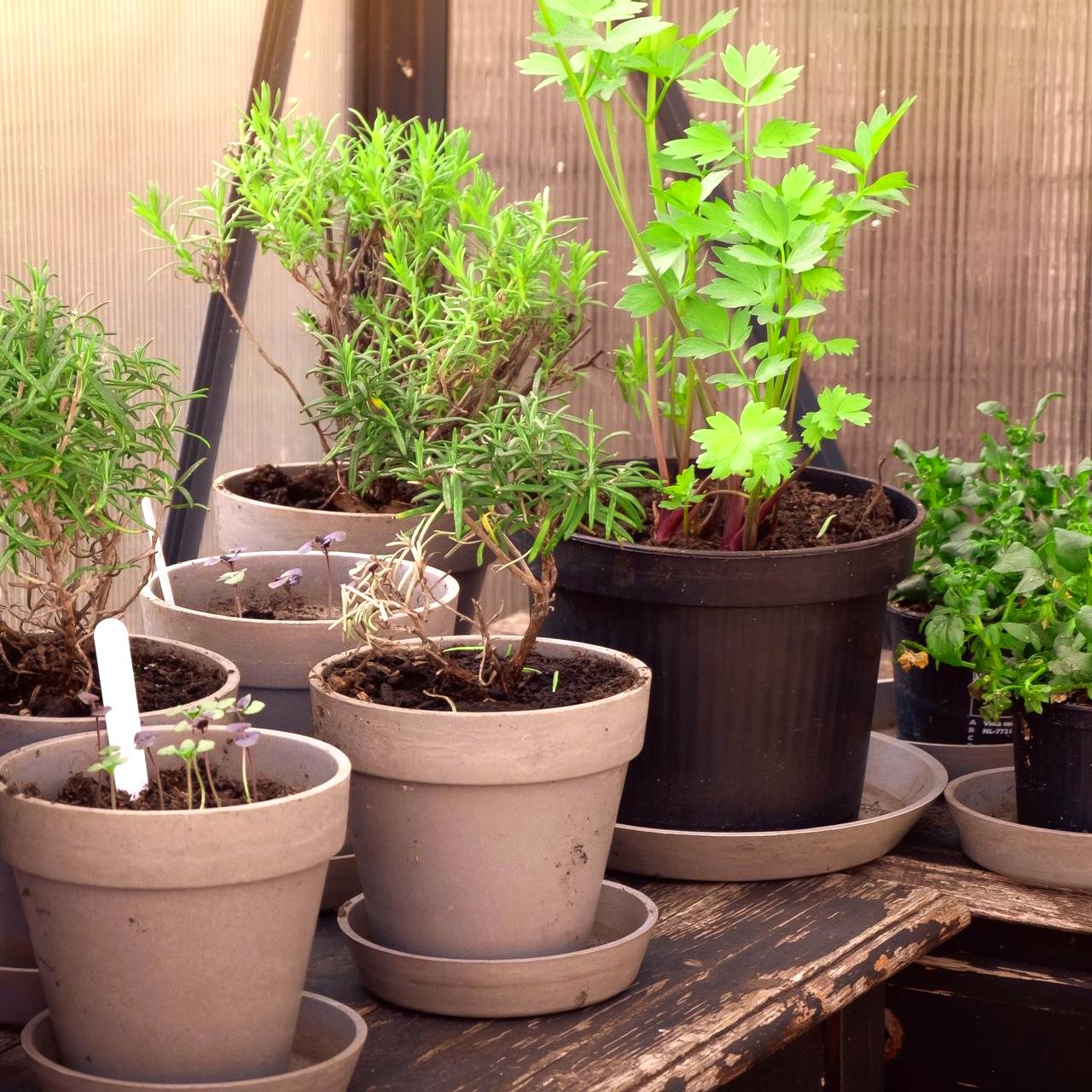
Spices and other plants provide a wide range of health benefits. Besides reducing stress and improving mood, here's an overview of some scientifically backed facts on the power of plants. Adding more plants to your diet can provide:
Anti-inflammatory effects to lower the risk of chronic diseases like heart disease and arthritis.
Antioxidant compounds that protect cells from damage and aging.
Improved digestion and gut health with antimicrobial effects on harmful bacteria.
Enhanced circulation and blood vessel function to optimize the delivery of oxygen and nutrients.
Regulation of blood sugar levels, which help reduce the risk of diabetes.
Protection for brain cells and improved cognitive function, including memory and concentration.
Anticancer properties to reduce the growth and spread of cancerous cells.
Pain relief from compounds that inhibit inflammatory pathways causing discomfort.
Stress and anxiety relieving properties to calm the nervous system.
Research continues to reveal more ways these flavor enhancers support wellness. It’s clear that adding spices to your meals is one of the tastiest things you can do for whole body health, inside and out!
Embrace the Healing Power of Nature’s Medicine
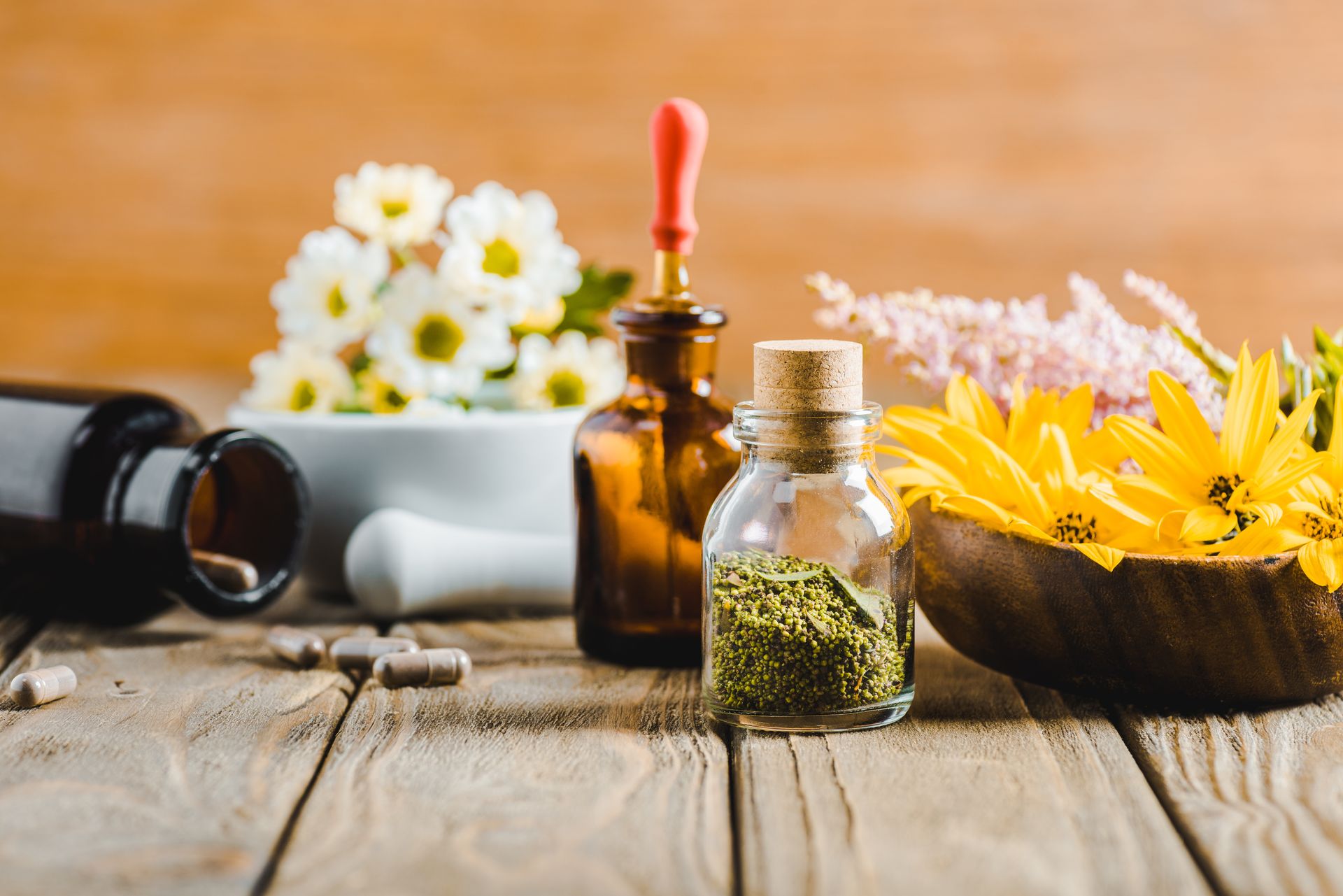
As you can see, spices aren’t just about making food taste better — they are one of nature’s most delicious gifts for improving wellbeing! This blog focuses on your immune system, but plants support other systems in your body, like our endocannabinoid system. If you want to add more plant power to your health plan, contact me at www.chronichealthwisdom.com.
P.S. This overview on spices has shown you how incorporating more flavor into your favorite foods can support well-being! Which immunity-boosting spices are you planning to add to your meals? Let me know in the comments. I’m excited to hear the creative ways you’ll be spicing up mealtime. Here’s to the healing power of food as medicine!
P.P.S. Thank you to Laura Pietkiewicz @ P5 Proofreading & Copyediting for adding her secret proofreading spice to this blog.Chronic Health Wisdom - Alternative Health Education
Reach out! We welcome all comments and questions!